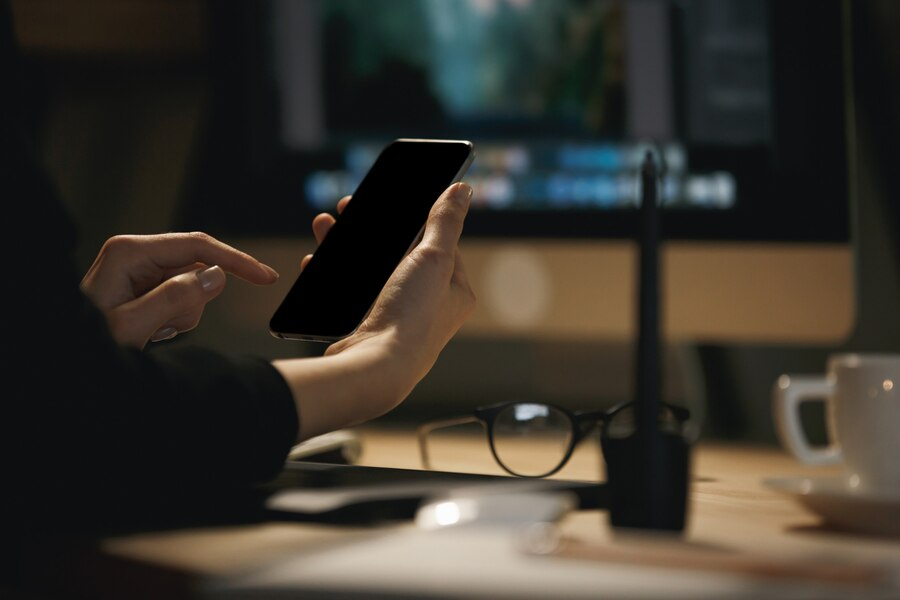Privacy Matters: Navigating the Ethical Implications of Cell Phone Surveillance

In an era where technological advancements have significantly blurred the lines between privacy and surveillance, the ubiquitous presence of cell phones has become both a boon and a bane. While these devices offer unparalleled convenience and connectivity, they also serve as potent tools for surveillance, raising profound ethical questions about the balance between security and individual privacy.
Cell phone surveillance encompasses a broad spectrum of practices, ranging from government agencies tracking suspects to private companies collecting user data for targeted advertising. While some argue that such surveillance is essential for national security and crime prevention, others express concerns about its potential for abuse and infringement on civil liberties.
One of the primary ethical dilemmas surrounding cell phone surveillance is the issue of consent. In many cases, individuals are unaware that their activities are being monitored or that their data is being collected and analyzed. This lack of transparency undermines the principle of informed consent, leaving people vulnerable to exploitation by powerful entities.
Furthermore, the vast amounts of data generated by cell phone surveillance raise concerns about data security and privacy breaches. Personal information such as location data, browsing history, and communication records can be highly sensitive and subject to misuse if not adequately protected. Instances of data breaches and unauthorized access highlight the need for robust safeguards to prevent abuse and uphold individuals’ right to privacy.
Another ethical consideration is the potential for discrimination and bias in surveillance practices. Algorithms used to analyze cell phone data may exhibit biases based on factors such as race, gender, or socioeconomic status, leading to unfair targeting and profiling of certain groups. This perpetuates existing inequalities and erodes trust in the institutions responsible for surveillance.
Moreover, the expansion of cell phone surveillance raises questions about the erosion of civil liberties and the encroachment of a surveillance state. The pervasive monitoring of individuals’ activities, both online and offline, threatens to undermine fundamental freedoms such as freedom of speech and association. Without proper oversight and accountability mechanisms in place, there is a risk of unchecked government surveillance and abuse of power.
In response to these ethical challenges, there is a growing call for greater transparency, accountability, and oversight in cell phone surveillance practices. Governments and corporations must be transparent about their surveillance activities and ensure that they are conducted within the bounds of law and respect for individual rights. Additionally, robust data protection regulations and enforcement mechanisms are needed to safeguard against privacy breaches and abuses of power.
Furthermore, there is a need for public dialogue and engagement on the ethical implications of cell phone surveillance. Civil society organizations, privacy advocates, and technology experts play a crucial role in raising awareness, advocating for policy reforms, and holding stakeholders accountable for their actions. By fostering an informed debate on these issues, society can work towards finding a balance between security needs and the protection of individual privacy rights.
Ultimately, navigating the ethical implications of cell phone surveillance requires a multifaceted approach that prioritizes both security and privacy concerns. By upholding principles of transparency, accountability, and respect for individual rights, we can mitigate the risks of abuse and ensure that surveillance practices align with ethical standards and democratic values. Privacy matters, and it is essential that we uphold it in the face of advancing technologies and evolving threats.
